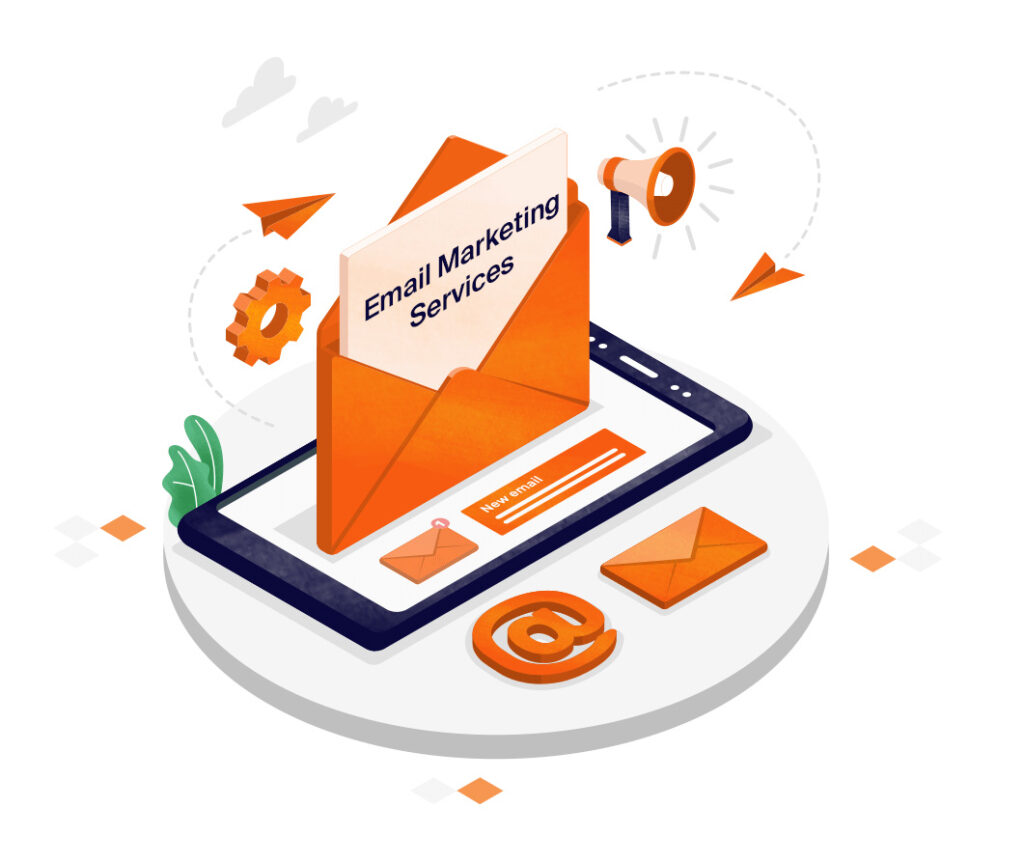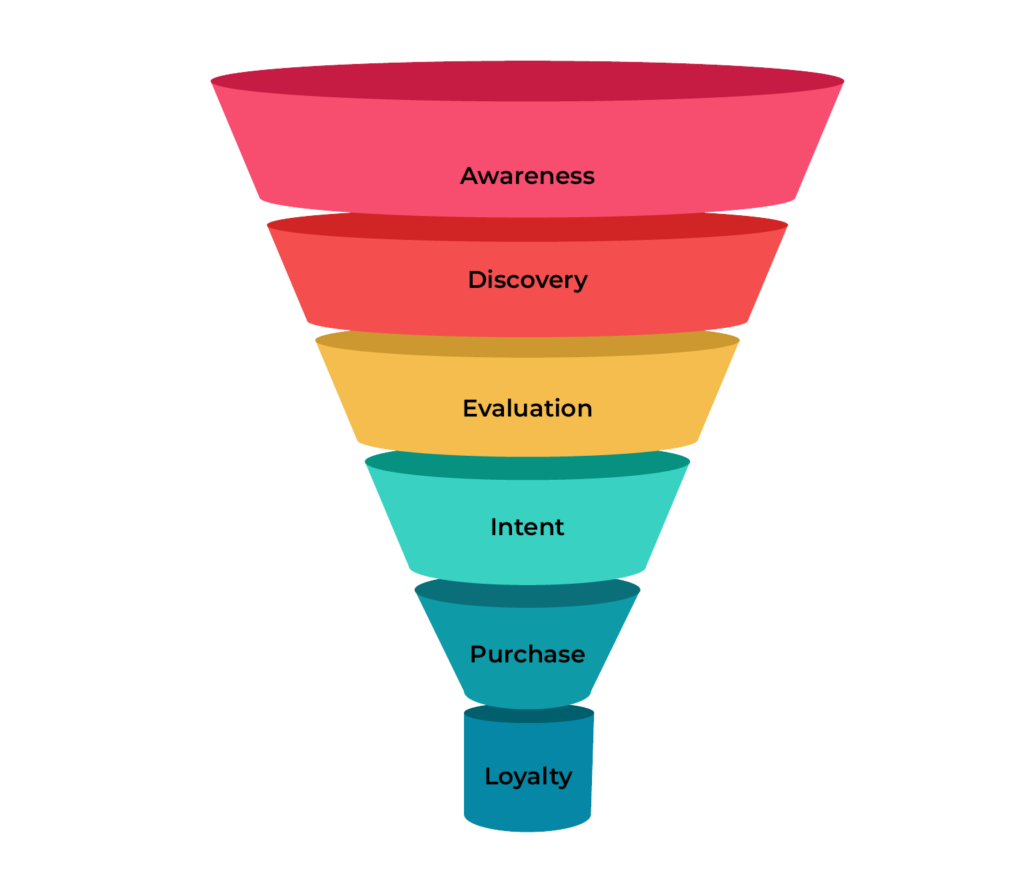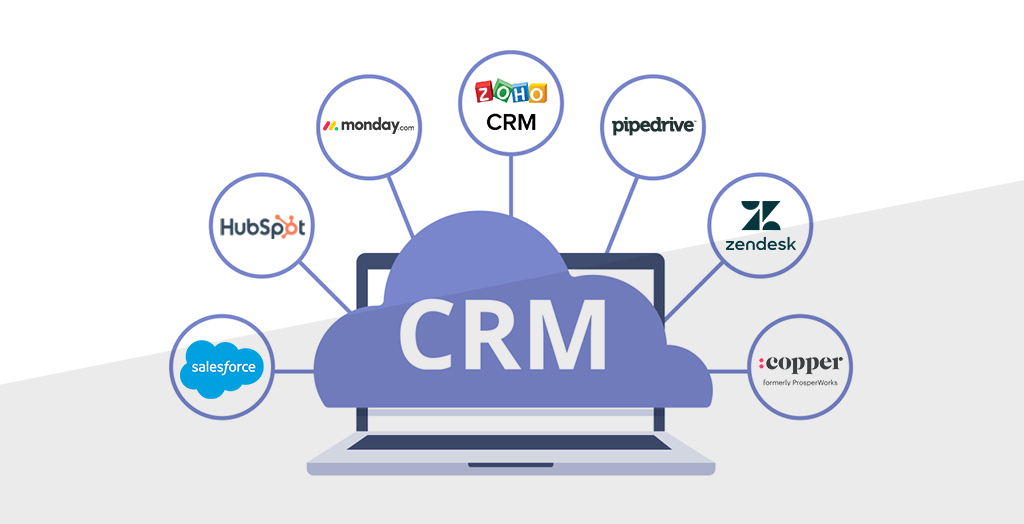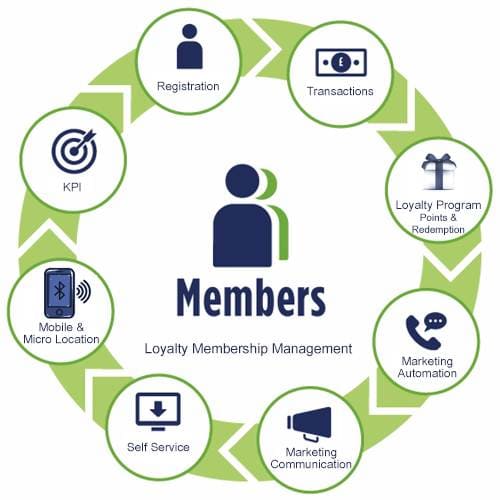Tools & Resources
As an automation & optimization consultant, I’ve tested and use these tools to run my business efficiently and help my clients streamline their operations. Each tool serves a specific purpose in my workflow, from managing client relationships to automating repetitive tasks.
Email Marketing
Email marketing is a powerful digital marketing strategy that allows businesses to communicate directly with their audience through personalized emails. It helps in building strong customer relationships, promoting products or services, and increasing brand awareness. With targeted campaigns, businesses can nurture leads, drive sales, and retain loyal customers. Effective email marketing involves compelling content, engaging subject lines, and automation to ensure timely and relevant communication. By leveraging analytics and segmentation, companies can optimize their campaigns for higher open rates, click-throughs, and conversions.


Sales Funnels
A sales funnel is a step-by-step process that guides potential customers from initial awareness to making a purchase. It typically consists of several stages: awareness, where prospects learn about a product or service; interest, where they engage with content or offerings; consideration, where they evaluate different options; and conversion, where they make a purchase or take the desired action. A well-optimized sales funnel helps businesses nurture leads, build trust, and increase conversions by addressing customer needs at each stage. By leveraging strategies like email marketing, landing pages, and retargeting ads, businesses can streamline the journey and improve sales performance.
Finance Tools
Finance tools are essential for managing budgets, tracking expenses, and optimizing financial decision-making. These tools range from simple budgeting apps to advanced financial management software used by businesses and individuals alike. They help automate calculations, generate reports, and provide real-time insights into cash flow, investments, and savings. Popular finance tools include accounting software like QuickBooks, expense trackers like Mint, and investment platforms like Robinhood. By leveraging these tools, users can make informed financial decisions, streamline tax preparations, and achieve long-term financial stability.


Ai Tools
AI tools are revolutionizing industries by automating tasks, enhancing decision-making, and improving efficiency. From chatbots and virtual assistants to advanced data analytics and image recognition, these tools leverage machine learning and deep learning algorithms to process vast amounts of information quickly. Businesses use AI tools for customer support, content generation, fraud detection, and even medical diagnostics, making them indispensable in today’s digital landscape. As AI continues to evolve, these tools are becoming more accessible, enabling businesses of all sizes to harness their power for innovation and growth.
CRM Softwares
CRM (Customer Relationship Management) software is a powerful tool designed to help businesses manage and optimize interactions with customers. It centralizes customer data, tracks sales leads, automates marketing efforts, and improves customer service. With features like contact management, sales pipeline tracking, and analytics, CRM software enables companies to streamline operations and enhance customer relationships. Whether for small businesses or large enterprises, a well-implemented CRM system boosts efficiency, increases sales, and fosters long-term customer loyalty.


Productivity & Team Collaboration
A highly productive team is the backbone of any successful project. By fostering clear communication, setting achievable goals, and leveraging the right tools, teams can work efficiently and effectively. Collaboration plays a crucial role in enhancing productivity, ensuring that every team member contributes their strengths while staying aligned with project objectives. A well-structured workflow, combined with mutual trust and accountability, empowers teams to deliver high-quality results within deadlines, driving business growth and innovation.
Memberships
A membership system provides exclusive access, benefits, and services to its members, fostering loyalty and engagement. Whether for a business, community, or online platform, memberships can offer perks such as discounts, premium content, priority support, or early access to new features. A well-designed membership program enhances customer retention, builds a sense of belonging, and creates recurring revenue streams. By implementing a seamless and user-friendly membership experience, organizations can strengthen relationships with their members and add long-term value.

